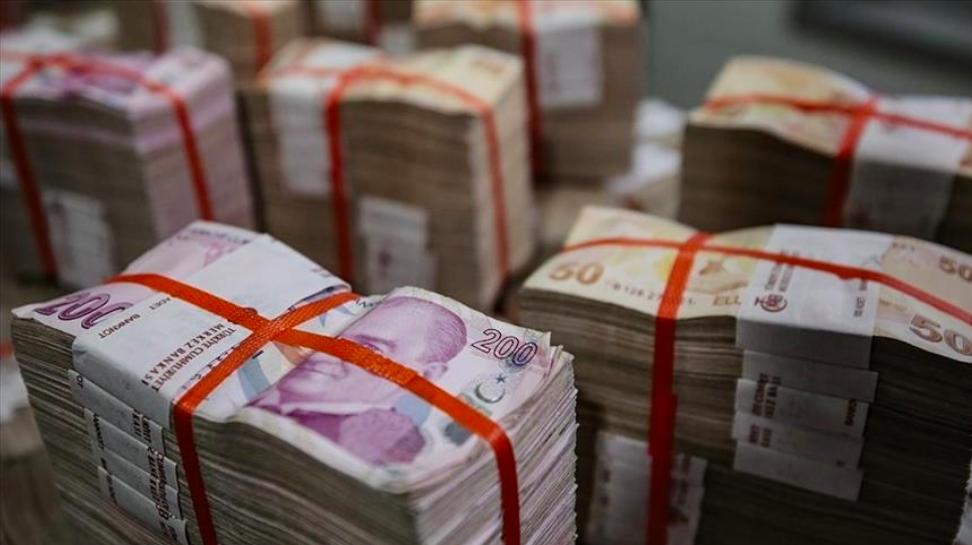
The dollar began trading at ₺32.28, with exchange office dealings fluctuating between ₺32.00 and ₺32.15 on Thursday. The influx of foreign capital, alongside a domestic trend of transitioning from foreign currencies, has propelled the net reserves of the Central Bank of the Republic of Türkiye (CBRT), excluding swaps, to hover just shy of the negative $2 billion mark.
Following the local elections, a tighter monetary policy and a rapid increase in CBRT reserves have been noteworthy. The current calculations show that net reserves, excluding swaps, have recovered to below the negative $2 billion mark.
Two months ago, the reserves, including Treasury-held foreign currencies, were close to the negative $70 billion mark. The net reserves are expected to turn positive in a few days.
Since April 1, approximately $16 billion of "carry trade" capital, attracted by high Turkish lira yields, has entered the market.
A small part of the recovery is also because of rising gold prices.
The main narrative in recent times has been the inflow of foreign capital, with concerns over its short-term nature and the need for more sustainable, long-term investments frequently discussed in the market. Attention is now on swap channels foreign investors used to hedge their Turkish lira investments.
"Gradual reopening these channels is advisable. A sudden opening could increase volatility in exchange rates," Founding Partner of Istanbul Portfolio Tufan Deriner commented.
The inflow of foreign capital and significant interest in the Turkish lira continues to influence domestic currency prices. On May 30, the dollar started the day at ₺32.28, with exchange office transactions between ₺32.00 and ₺32.15.
The euro was trading at ₺31.70 in the morning.
A significant portion of the increase in CBRT reserves is also attributed to withdrawals from Foreign Exchange Deposit Accounts and Currency Protected Deposit Accounts, with those funds converting to Turkish lira.
Presently, Deriner observed that 60-70% of the foreign capital inflow into the country is short-term.
"This capital usually remains engaged in the daily interest rate market, indicating its propensity for swift withdrawal," he remarked.
"It is imperative that we redirect this capital towards long-term investments. Achieving this goal hinges on reducing inflation and persistently pursuing structural reforms. With normalization underway, the possibility of reopening swap channels emerges," he concluded.